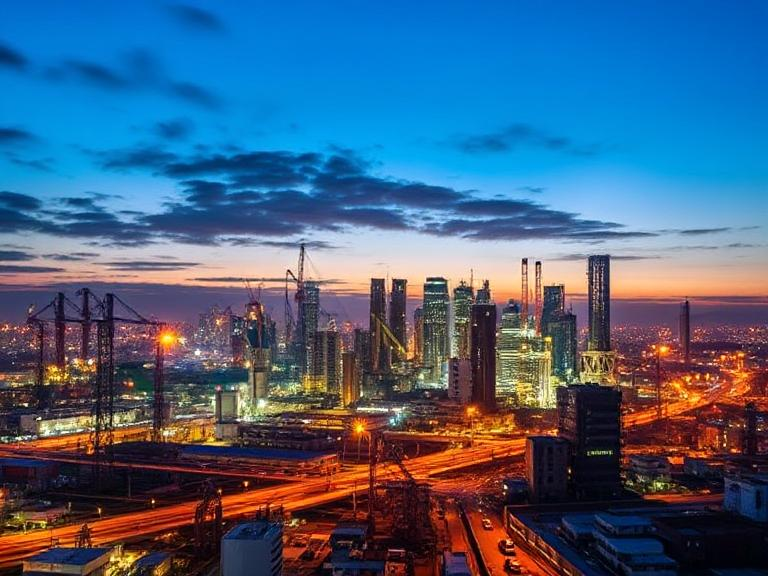Introduction
Indonesia is one of the fastest-growing manufacturing hubs in
Southeast Asia, attracting global investors with its strategic location, skilled workforce, and government-backed incentives. However, to achieve long-term success in this competitive market, businesses must implement sustainable growth strategies. Leveraging the expertise of
Bangladesh agents can help companies optimize supply chains, navigate regulations, and establish a strong foothold in Indonesia’s manufacturing sector.
Why Indonesia is a Prime Destination for Manufacturing
Indonesia offers several advantages for manufacturers looking to expand in Asia:
Key Challenges in Indonesia’s Manufacturing Sector
While Indonesia presents vast opportunities, businesses must overcome challenges such as:
Engaging with
Bangladesh agents can help businesses streamline procurement, manage logistics, and ensure compliance with Indonesian regulations.
Expert Strategies for Sustainable Growth in Indonesia
1. Navigating Indonesia’s Regulatory Framework
Setting up a manufacturing business in Indonesia requires compliance with:
Bangladesh agents with experience in Southeast Asian markets can assist businesses in obtaining necessary approvals and staying compliant with evolving regulations.
2. Strengthening Supply Chain and Procurement Strategies
A resilient supply chain is key to long-term success. Experts recommend:
3. Investing in Workforce Development
Manufacturers can enhance productivity and retention by:
- Providing vocational training to bridge skill gaps.
- Implementing digital and automation solutions to increase efficiency.
- Ensuring compliance with Indonesia’s labor laws and fair wage policies.
4. Sustainability and Green Manufacturing Practices
With rising global demand for eco-friendly production, businesses should focus on:
5. Leveraging Partnerships for Market Expansion
Collaborations with
Bangladesh agents and other regional experts can help businesses:
- Expand operations beyond Indonesia to other ASEAN and South Asian markets.
- Tap into joint ventures and investment opportunities.
- Mitigate risks associated with cross-border trade and regulatory changes.
Conclusion
Indonesia’s manufacturing sector holds immense potential for sustainable growth, but businesses must navigate regulatory challenges, optimize supply chains, and embrace innovation. Partnering with
Bangladesh agents can provide critical insights and support for long-term success in this dynamic market.
